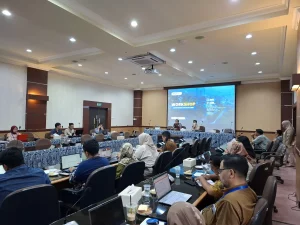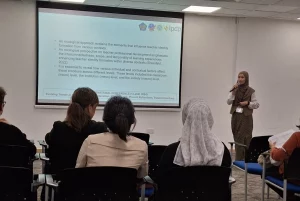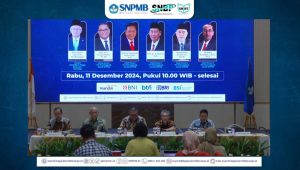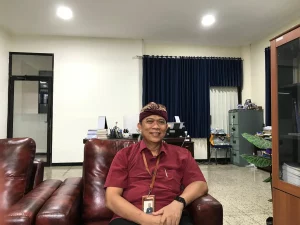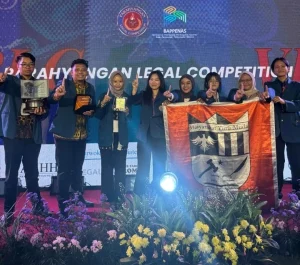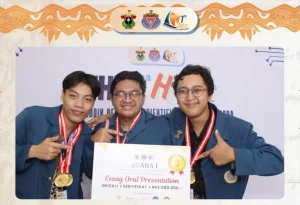Tooth extraction is the process of tooth removal, causing injury to the resulting socket. While the wounds are healing, fibroblasts proliferate, extracellular matrix is deposited, collagen is synthesized, and angiogenesis occurs. As a result, the damaged tissue can be restored to its normal condition. Mangosteen peel contains several components useful for the medical field, namely xanthones, tannins, flavonoids, and saponins, along with components which are antifungal, antiinflammatory, antioxidant, antiviral, and antibacterial in function. This study aimed to identify differences in the expression of growth factors after the administration of mangosteen peel extract during the scratch assay in human gingival fibroblast cell cultures.
Human gingival tissue was carefully extracted from the permanent third molar region of healthy subjects (aged 18-32 years old). Human gingival fibroblast cells were divided into four categories: 24-hour control, 24- hour treatment, 48-hour control, and 48-hour treatment. PDGF-B expression in the 24-hour treatment group increased compared to that in the 24-hour control group. This was also the case for the 48-hour treatment group compared to its 48-hour control counterpart. The TGF-β1 expression in each control group produced bands which were less vivid than that of the treatment groups. Based on the imageJ calibration of band luminance, an increase was observed in the control and treatment groups at both 24 hours and 48 hours.
The expression of FGF-2 in the 24-hour treatment group was at a higher level than that in the 24-hour control group, while in the 48-hour group, the treatment group exhibited a lower level of FDF-2 than the control group. The 48-hour treatment group also showed a higher VEGF expression level than the 48-hour control group.
Scratch test assays in HGF cultures affect the increase in growth factor expression as indicated by increased fibroblast proliferation. Cells migrate and proliferate more rapidly, and those at the margin of the scratch tend to migrate more quickly to the open wound to close it until contact between cells is re-established.
The contents of mangosteen peel extract have an effect in increasing the expression of the growth factors: xanthones, flavonoids, tannins, and saponins. The first two factors act as antiinflammatory agents by inhibiting the action of cyclooxygenase enzymes more rapidly. They are characterized by increased fibroblast cell proliferation, which indicates the involvement of PDGFR-β, a PDGF-B receptor.
The content of xanthone derived from mangosteen peel extract can accelerate the process of angiogenesis through VEGF expression. Flavonoids in mangosteen peel extract can affect the expression of FGF-2 which was higher in the 24-hour treatment group. This is related to an increase in nitric oxide (NO), which is influenced by flavonoids. This mechanism begins with the direct signaling process of FGF-2, constituting the transfer of molecules from one cell to another across cell membranes. Tannins and saponins in mangosteen peel extract can affect the increasing expression of TGF-β1. The tannins themselves can stimulate TGF-β, leading to fibroblast proliferation.
Authors: Felicia Laurens Lesmana, Andra Rizqiawan, Indra Mulyawan, Ni Putu Mira Sumarta, David B. Kamadjaja, Coen Pramono D, Tobiumei Kei, Gde Djodi Satria Rurus, Naura Athiyyah Sativa and Rozhaline Apriliany Fanddhy
Link/ Journal Title: The Effect of the Application of (Garcinia mangostana L.) towards PDGF-B Expression on Human Gingival Fibroblast Cell Culture After Wound Healing Scratch Test Assay (In-Vitro Study)


